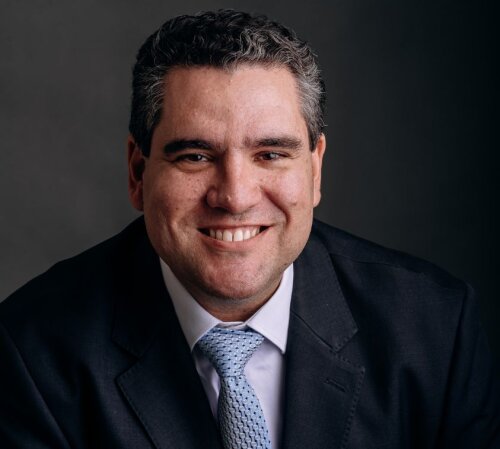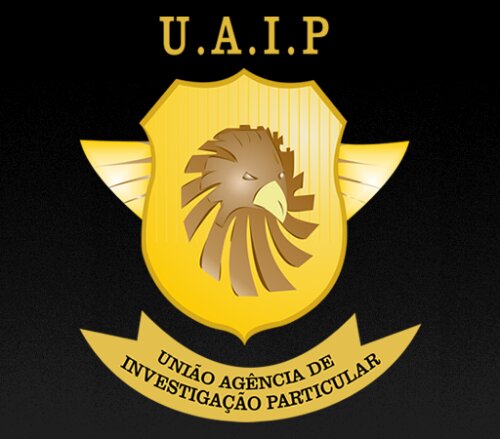Best Guardianship Lawyers in Brazil
Share your needs with us, get contacted by law firms.
Free. Takes 2 min.
Or refine your search by selecting a city:
List of the best lawyers in Brazil
About Guardianship Law in Brazil:
Guardianship in Brazil is a legal relationship where one person, the guardian, is appointed to make decisions for another person who is unable to make those decisions themselves. This may involve making decisions regarding their personal welfare, financial matters, or both.
Why You May Need a Lawyer:
You may need a lawyer for assistance in establishing a guardianship, navigating the legal process, resolving disputes related to guardianship, or ensuring that the best interests of the ward are protected.
Local Laws Overview:
In Brazil, guardianship laws are outlined in the Civil Code and are aimed at protecting individuals who are unable to care for themselves due to incapacity, disability, or age. The court appoints guardians and oversees their actions to ensure the best interests of the ward are always considered.
Frequently Asked Questions:
1. How is a guardian appointed in Brazil?
In Brazil, a guardian is typically appointed by a court following a legal process that involves submitting a petition and supporting documentation demonstrating the need for a guardianship.
2. What are the responsibilities of a guardian in Brazil?
A guardian in Brazil is responsible for making decisions on behalf of the ward regarding their personal welfare, financial matters, and any other areas where the ward is unable to make decisions themselves.
3. Can a guardianship be revoked in Brazil?
Yes, a guardianship in Brazil can be revoked by the court if it is determined that the ward is capable of making decisions on their own or if there is evidence of misconduct or negligence by the guardian.
4. How long does a guardianship last in Brazil?
A guardianship in Brazil can be temporary or permanent, depending on the circumstances. Temporary guardianships may be established for a specific period, while permanent guardianships may last until the ward is deemed capable of making decisions on their own.
5. Can a guardian be held liable for their actions in Brazil?
Yes, a guardian in Brazil can be held liable for their actions if they fail to act in the best interests of the ward or engage in misconduct or negligence. The court may take action to remove the guardian and appoint a new one if necessary.
6. Is it possible to contest a guardianship in Brazil?
Yes, it is possible to contest a guardianship in Brazil by presenting evidence to the court that demonstrates the need for a change in guardianship or that the current guardian is not acting in the best interests of the ward.
7. Can a family member be appointed as a guardian in Brazil?
Yes, a family member can be appointed as a guardian in Brazil, but the court will consider factors such as the relationship between the guardian and ward, the ability of the guardian to fulfill their duties, and any potential conflicts of interest.
8. How can I find a lawyer to help with guardianship issues in Brazil?
You can find a lawyer to help with guardianship issues in Brazil by contacting the Brazilian Bar Association (OAB) for a referral or by searching online for attorneys experienced in guardianship law.
9. What documents are needed to establish a guardianship in Brazil?
To establish a guardianship in Brazil, you will typically need to provide a petition to the court, medical reports documenting the need for a guardianship, financial information, and any other relevant documentation supporting the need for a guardian.
10. How much does it cost to establish a guardianship in Brazil?
The cost of establishing a guardianship in Brazil will vary depending on various factors, such as the complexity of the case, the attorney's fees, court costs, and any other expenses associated with the legal process. It is advisable to discuss these costs with your lawyer upfront.
Additional Resources:
For additional resources related to guardianship in Brazil, you may consider reaching out to local non-profit organizations, the National Council of Justice (CNJ), or the Ministry of Justice and Public Security for guidance and support.
Next Steps:
If you require legal assistance with guardianship in Brazil, it is advisable to consult with a lawyer who specializes in family law and guardianship matters. They can guide you through the legal process, represent your interests in court, and ensure that the best interests of the ward are protected. Be sure to gather all relevant documentation and information to support your case and discuss any concerns or questions you may have with your lawyer.
Lawzana helps you find the best lawyers and law firms in Brazil through a curated and pre-screened list of qualified legal professionals. Our platform offers rankings and detailed profiles of attorneys and law firms, allowing you to compare based on practice areas, including Guardianship, experience, and client feedback.
Each profile includes a description of the firm's areas of practice, client reviews, team members and partners, year of establishment, spoken languages, office locations, contact information, social media presence, and any published articles or resources. Most firms on our platform speak English and are experienced in both local and international legal matters.
Get a quote from top-rated law firms in Brazil — quickly, securely, and without unnecessary hassle.
Disclaimer:
The information provided on this page is for general informational purposes only and does not constitute legal advice. While we strive to ensure the accuracy and relevance of the content, legal information may change over time, and interpretations of the law can vary. You should always consult with a qualified legal professional for advice specific to your situation.
We disclaim all liability for actions taken or not taken based on the content of this page. If you believe any information is incorrect or outdated, please contact us, and we will review and update it where appropriate.
Browse guardianship law firms by city in Brazil
Refine your search by selecting a city.

















